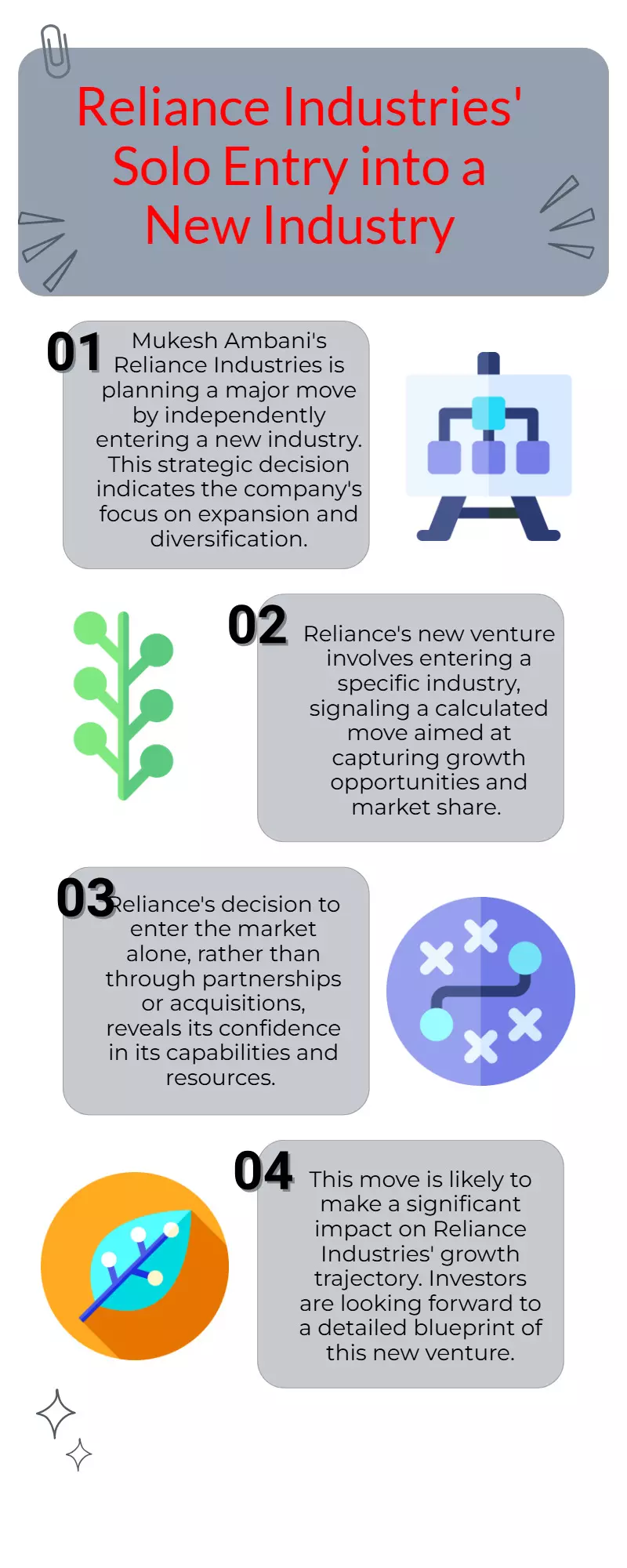Mukesh Ambani's Big Move: Reliance to Enter This Industry Solo

By : Krishna Mishra
To strengthen its footprint in the quick commerce market, Mukesh Ambani’s Reliance Industries has decided to go solo for now, opting not to acquire existing players due to concerns over their cost structures.
According to The Economic Times, Reliance Retail CFO Dinesh Taluja explained that after evaluating potential acquisitions, the company concluded it would be more effective to build its own system. "We don't want to miss any opportunity where we can't compete. The question of organic versus inorganic is interesting. Integrating another company into our network is difficult. We are focusing on building our own ecosystem. We already have a large customer base," he said.
Reliance’s strategy involves setting up dark stores—fulfillment centers not open to walk-in customers—only when their existing stores reach order capacity or in areas where they currently lack presence. Taluja noted, "This is more profitable for us because we can leverage our existing infrastructure. Most of our dark stores are located in high-order areas and are profitable from day one."
India’s quick commerce sector has been growing rapidly. While it currently contributes just 3-6% of total sales for most consumer goods companies, it is one of the fastest-growing e-commerce segments, especially for premium products. Initially used for delivering groceries and daily needs quickly, the model now covers a broader range of categories.
The Indian quick commerce market has reached a -$10 billion valuation, with around 30 million monthly shoppers. However, 80% of these sales still come from metropolitan cities, and achieving profitable growth in smaller towns remains a challenge. Despite the presence of major e-commerce platforms like JioMart, Flipkart, and Amazon, the space is currently led by Zepto, Blinkit, and Instamart.
A report by Redseer highlighted that the quick commerce segment grew by 150% in the first five months of this year. This growth has been driven by the rise of dark stores, expanded product offerings, new categories, and stiff competition—all contributing to faster and more reliable deliveries for consumers.
